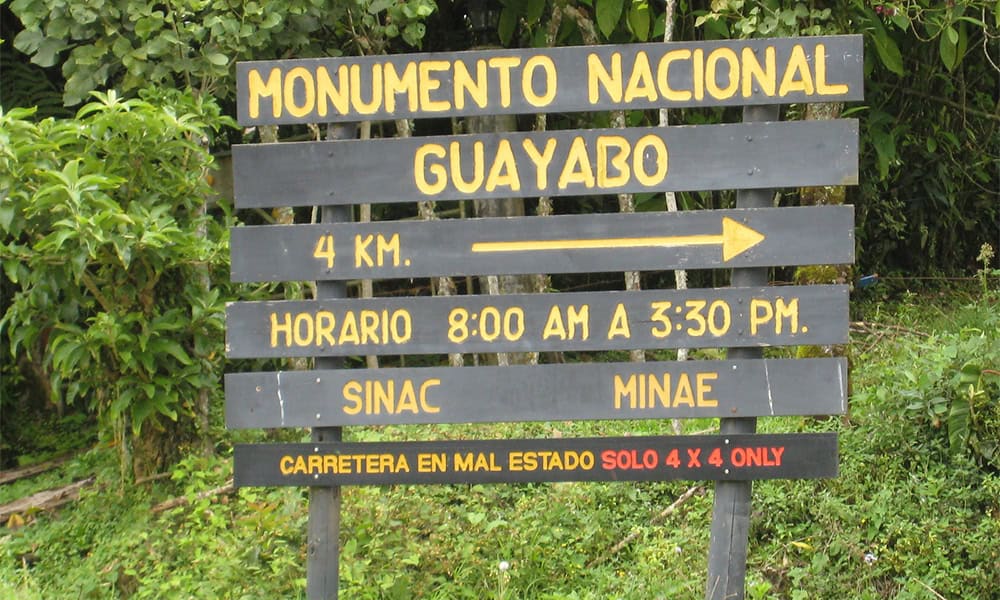Costa Rica has added a new attraction to its archaeological sites with the opening of a pedestrian bridge at Guayabo National Monument. The structure spans the ancient pre-Columbian causeway, letting visitors walk above without touching the historic stones below. Officials from the tourism institute rolled it out to allow locals and visitors to explore the site’s past in a modern way.
The bridge came about through teamwork between the tourism board and environmental authorities. They built it to protect the ruins while making the area easier to navigate. At a cost topping 27 million colones, the project focused on blending into the surroundings with simple materials that match the natural setting. Workers finished construction in recent months, and the bridge now stands ready for foot traffic, offering clear views of the stone pathways and aqueducts that date back over a thousand years.
Guayabo sits northwest of Turrialba in Cartago province, covering about 20 hectares of protected land. It ranks as the country’s largest archaeological spot, with mounds, bridges, and water systems built by indigenous groups between 1000 BC and 1400 AD.
People lived there for centuries, creating complex setups for daily life before abandoning the area around 1400 AD for reasons still unclear. Today, the monument draws those interested in history, with trails leading through forests filled with birds and plants native to the region.
Visitors can now cross the bridge for a closer look at the calzada, the main stone road that connected different parts of the settlement. This addition makes tours safer and more accessible, especially for families or groups with mobility needs. Guides point out how the bridge helps preserve the site by keeping footsteps off fragile surfaces, reducing wear from heavy use.
Entry remains affordable to encourage trips. Adults pay 1,200 colones, kids between 2 and 12 get in for 600 colones, and little ones under 2 or seniors over 65 enter at no charge. The site opens daily, with rangers on hand to share facts about the ruins. Parking sits nearby, and basic facilities like restrooms and picnic spots make a day trip straightforward.
This update fits into broader plans to boost tourism in rural areas. The bridge not only highlights Guayabo’s mysteries but also supports local jobs in guiding and hospitality.






